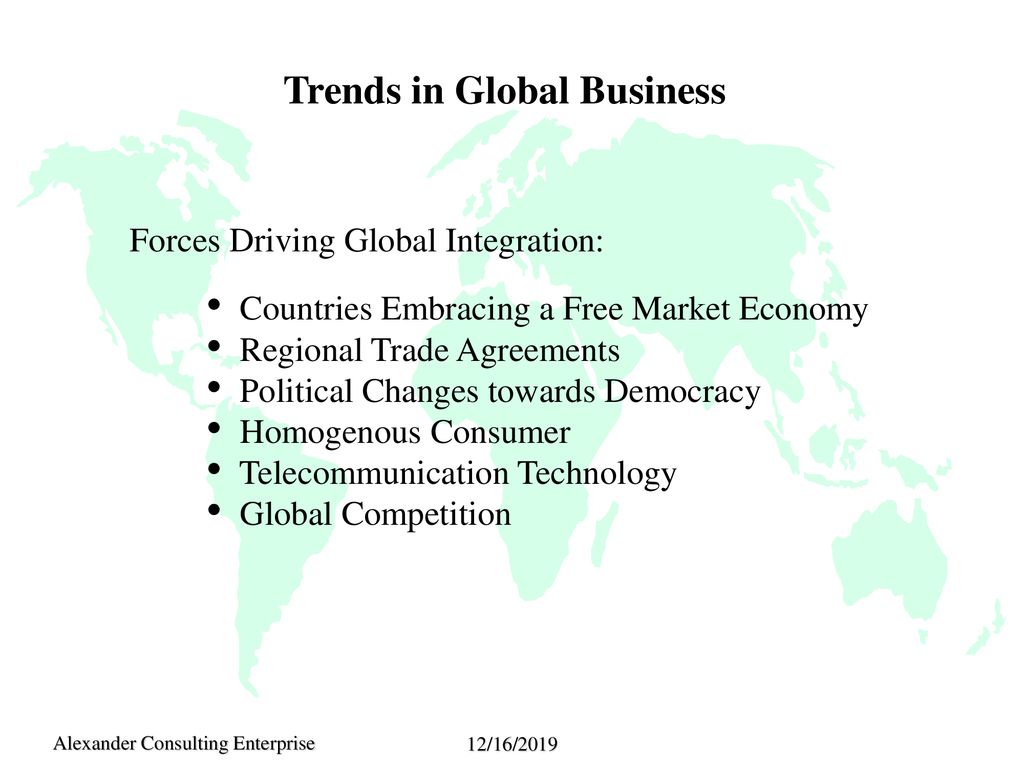As we step into 2025, the landscape of business insurance for small enterprises is evolving rapidly. Understanding the importance of comprehensive coverage tailored to your specific needs is crucial for safeguarding your business's future. Let's delve into the intricate world of business insurance and explore the trends and considerations that will shape the choices of small business owners in the coming years.
In this comprehensive guide, we will navigate through the nuances of selecting the best insurance solutions for your small business, equipping you with the knowledge to make informed decisions in a dynamic business environment.
Overview of Business Insurance

Business insurance is essential for small businesses as it provides financial protection against unexpected events that could disrupt operations or lead to financial loss. Having the right insurance coverage can help small businesses weather unforeseen challenges and risks.
Types of Business Insurance
- General Liability Insurance: Covers legal fees and damages in case of lawsuits related to property damage, bodily injury, or advertising injury.
- Property Insurance: Protects business property, including buildings, equipment, and inventory, against damages from fire, theft, or other covered perils.
- Business Interruption Insurance: Provides coverage for lost income and operating expenses if a business is forced to close temporarily due to a covered event.
- Professional Liability Insurance: Also known as Errors and Omissions insurance, it covers legal fees and damages resulting from professional mistakes or negligence.
- Workers' Compensation Insurance: Mandatory in most states, it covers medical expenses and lost wages for employees injured on the job.
Key Factors to Consider When Selecting Insurance Policies
- Industry-specific Risks: Consider the unique risks associated with your industry and choose insurance policies that provide adequate coverage for those risks.
- Coverage Limits and Deductibles: Evaluate the coverage limits and deductibles of each policy to ensure they align with your business needs and budget.
- Claims Process: Understand the claims process of each insurance provider to ensure it is straightforward and efficient in case you need to file a claim.
- Cost vs. Coverage: Compare the cost of insurance premiums with the coverage provided to find the right balance between affordability and adequate protection.
- Reputation of Insurance Provider: Research the reputation and financial stability of insurance providers to ensure they can fulfill their obligations in case of a claim.
Trends in Business Insurance for Small Businesses

As we look towards 2025, the landscape of business insurance for small businesses is rapidly evolving to meet the changing needs of entrepreneurs. Technology is playing a significant role in reshaping the insurance industry, providing more personalized and accessible solutions for small businesses.
Let's explore some of the emerging trends in insurance products tailored specifically for small businesses.
Technology Impact on Insurance Industry
- Integration of AI and machine learning in underwriting processes for quicker and more accurate risk assessment.
- Development of digital platforms for policy management, claims processing, and customer service, enhancing efficiency and convenience.
- Utilization of IoT devices to monitor and mitigate risks in real-time, leading to proactive risk management strategies.
- Enhanced cybersecurity measures to protect sensitive data and prevent cyber threats, considering the increasing digitalization of business operations.
Emerging Trends in Insurance Products
- Customized insurance packages catering to the specific needs and risks of different industries, offering more relevant coverage options.
- Flexible payment structures and on-demand insurance policies to provide cost-effective solutions for small businesses with fluctuating needs.
- Incorporation of parametric insurance models that trigger payouts based on predefined parameters, ensuring faster claims processing and settlements.
- Collaborations between insurers and tech startups to develop innovative insurance products like peer-to-peer insurance or blockchain-based smart contracts.
Considerations for Small Business Owners in 2025
In 2025, small business owners will need to navigate a rapidly evolving landscape that presents unique risks and challenges. From technological advancements to changing consumer behaviors, here are some key considerations for small business owners to keep in mind:
Unique Risks for Small Businesses
- Rapid Technological Changes: With the pace of technological advancements accelerating, small businesses may face challenges in keeping up with cybersecurity threats and data privacy issues.
- Climate Change Impacts: As climate change continues to affect various regions, small businesses may need to prepare for extreme weather events that could disrupt operations and supply chains.
- Globalization: Small businesses operating in a globalized economy may face increased competition from international players, requiring them to adapt and innovate to stay competitive.
Impact of Economic Factors on Insurance Choices
- Economic Downturns: During economic downturns, small businesses may face financial strain, making it crucial to have insurance coverage that protects against loss of income and liability claims.
- Inflation: Rising inflation rates can impact the cost of insurance premiums, prompting small business owners to reassess their coverage needs and explore cost-effective options.
- Supply Chain Disruptions: Disruptions in the supply chain due to economic factors or global events can impact small businesses, highlighting the importance of insurance coverage for business interruption and supply chain risks.
Tips for Optimizing Insurance Coverage
- Regularly Review Policies: Small business owners should regularly review their insurance policies to ensure they have adequate coverage based on their evolving needs and risks.
- Work with an Insurance Agent: Consulting with an experienced insurance agent can help small business owners navigate complex insurance options and tailor coverage to their specific industry and risks.
- Bundle Policies: Bundling multiple insurance policies, such as general liability and property insurance, can help small business owners save on premiums and streamline their coverage.
Customized Insurance Solutions for Different Industries
When it comes to insurance for small businesses, different industries have unique needs and risks that must be addressed. Insurance providers are now offering customized solutions tailored to the specific requirements of various sectors to ensure adequate coverage and protection.
Let's delve into the specific insurance needs of different industries and how insurance providers are adapting their products to meet industry-specific risks.
Retail Industry
In the retail sector, businesses face risks such as theft, property damage, and liability claims from customers. Insurance providers are offering comprehensive packages that include coverage for inventory, property damage, and general liability. Additionally, some insurance companies are providing specialized policies for online retailers to protect against cyber risks and data breaches.
Tech Industry
For tech companies, the main risks revolve around intellectual property theft, cyber threats, and professional liability. Insurance providers have developed tailored insurance solutions that include coverage for data breaches, technology errors, and omissions, as well as protection against lawsuits related to intellectual property infringement.
These policies are crucial for tech businesses to safeguard their innovations and assets.
Healthcare Industry
In the healthcare sector, the primary concerns involve malpractice claims, data breaches, and regulatory compliance. Insurance providers have introduced specialized policies that cover medical malpractice, cyber liability, and regulatory fines. These tailored insurance solutions help healthcare businesses mitigate the risks associated with patient care, privacy breaches, and legal obligations.
Manufacturing Industry
Manufacturing companies face risks related to product liability, equipment breakdowns, and supply chain disruptions. Insurance providers are offering industry-specific policies that protect against product recalls, machinery breakdowns, and business interruption. These customized insurance solutions are essential for manufacturers to ensure continuity of operations and financial stability.
Closing Notes

In conclusion, the realm of business insurance for small businesses in 2025 presents a myriad of opportunities and challenges. By staying informed about the latest trends, understanding industry-specific risks, and optimizing your insurance coverage, you can fortify your business against unforeseen circumstances and pave the way for sustained growth and success.
FAQ Guide
What are the key factors to consider when selecting business insurance for a small business?
Small businesses should evaluate their specific risks, coverage needs, budget constraints, and the reputation of insurance providers before choosing a policy.
How is technology influencing the landscape of business insurance for small enterprises?
Technology is revolutionizing the insurance industry by enabling streamlined processes, personalized policies, and quicker claims processing for small businesses.
What unique risks might small businesses face in 2025?
Emerging risks such as cyber threats, supply chain disruptions, and regulatory changes are expected to pose challenges for small businesses in 2025.
Can insurance providers customize solutions for different industries?
Yes, insurance providers offer tailored solutions for various industries like retail, tech, and healthcare to address industry-specific risks effectively.



